文章摘要: Vincent Callebaut Architectures发布了他们在中国台湾正在建设的双螺旋结构塔楼的图片。塔楼形状的灵感来自于DNA的旋转结构,并将覆盖23000棵树,其目标是成为一个开拓性的可持续住宅生态建设,发现“人与自然之间的正确的共生关系。”

Vincent Callebaut Architectures发布了他们在中国台湾正在建设的双螺旋结构塔楼的图片。塔楼形状的灵感来自于DNA的旋转结构,并将覆盖23000棵树,其目标是成为一个开拓性的可持续住宅生态建设,发现“人与自然之间的正确的共生关系。”
Vincent Callebaut Architectures has released in-progress images of their Tao Zhu Yin Yuan sustainable tower, under construction in the Xinjin District of Taipei City, Taiwan. The tower’s rotating form draws inspiration from the double helix structure of DNA and will be covered in 23,000 trees in its aim to become a pioneering sustainable residential eco-construction that finds “the right symbiosis between the human being and the Nature.”

在2010年被项目委员会批准后,Vincent Callebaut Architectures着手打造“一棵有人居住的树”,利用最小的能耗创造一个垂直的景观片段。
After being awarded the project commission in a 2010 competition, Vincent Callebaut Architectures set out to create a building “like an inhabited tree” that could create a fragment of vertical landscape with minimal energy consumption.



设计包括一个20层的塔楼,从下至上有90°的角度偏转,每层旋转4.5度。这个形式是根据四个标准选择的:
The design consists of a 20-story tower that completes a 90 degree twist as it rises – a 4.5 degree turn per level. This form was chosen based on four criteria:
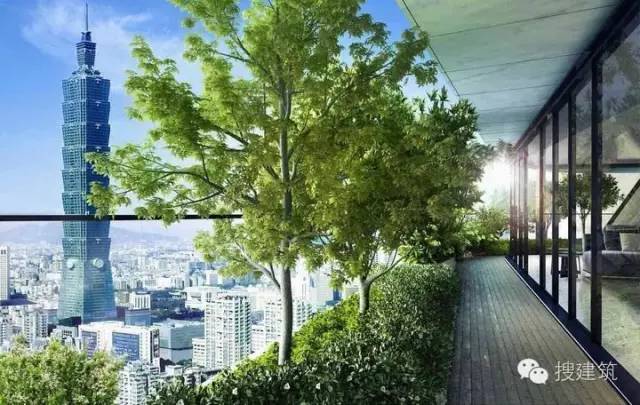
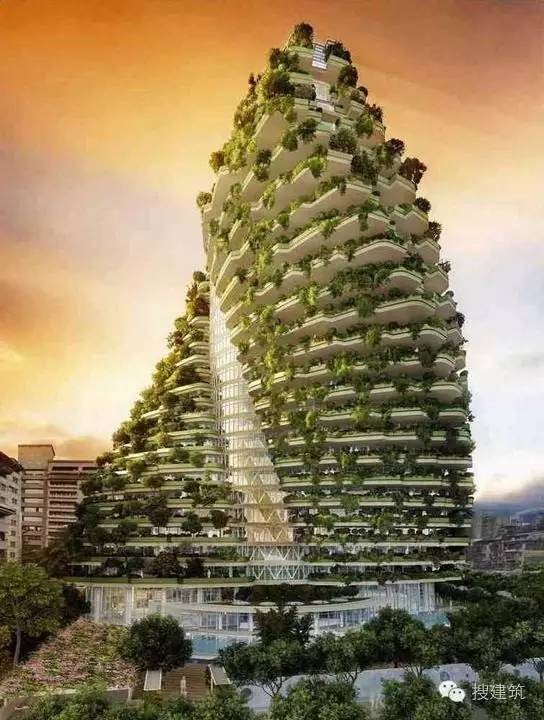
融入建筑的锥体形状取决于城市生活特点;将每一层露天花园的面积最大化;向所有居民提供台北的全景;并通过避免直接视轴为每个公寓单元提供隐私。
to integrate into the pyramidal profile of the building volume determined by urban setbacks; to generate a maximum area for cascading, suspended open-air gardens; to offer panoramic views of the Taipei skyline to all residents; and to provide each apartment unit with privacy by avoiding direct visual axes.
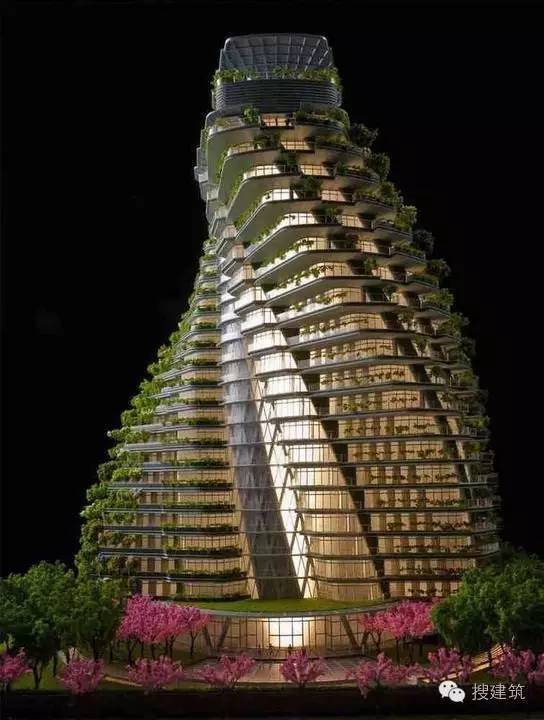
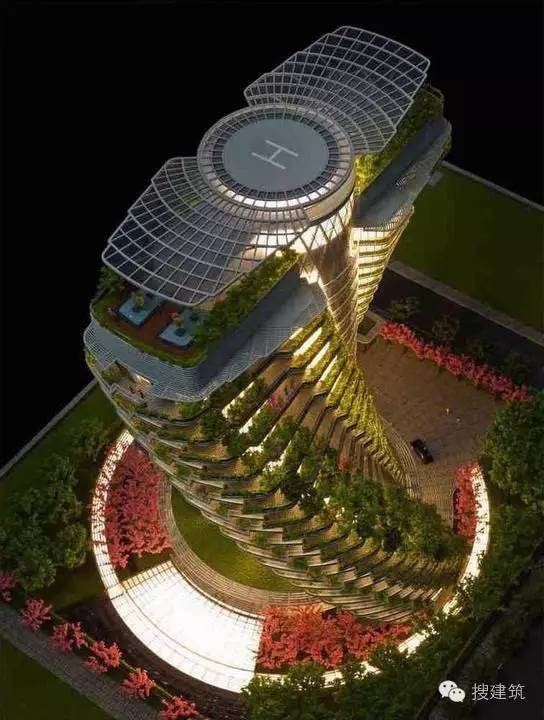
该塔楼利用地区的气候和环境条件进行生态设计。VCA进行采光,热和风分析以微调设计,优化整个建筑的自然采光和通风。此外,大面积种植的植物将使建筑每年从空气中吸收130吨二氧化碳。
The tower has also been eco-designed to take advantage of the climatic and environmental conditions of its site. VCA conducted sunlight, thermal and wind analyses to fine tune the design, optimizing natural light and ventilation throughout the building. In addition, the large planted areas will allow the building to absorb 130 tons of carbon dioxide from the air annually.
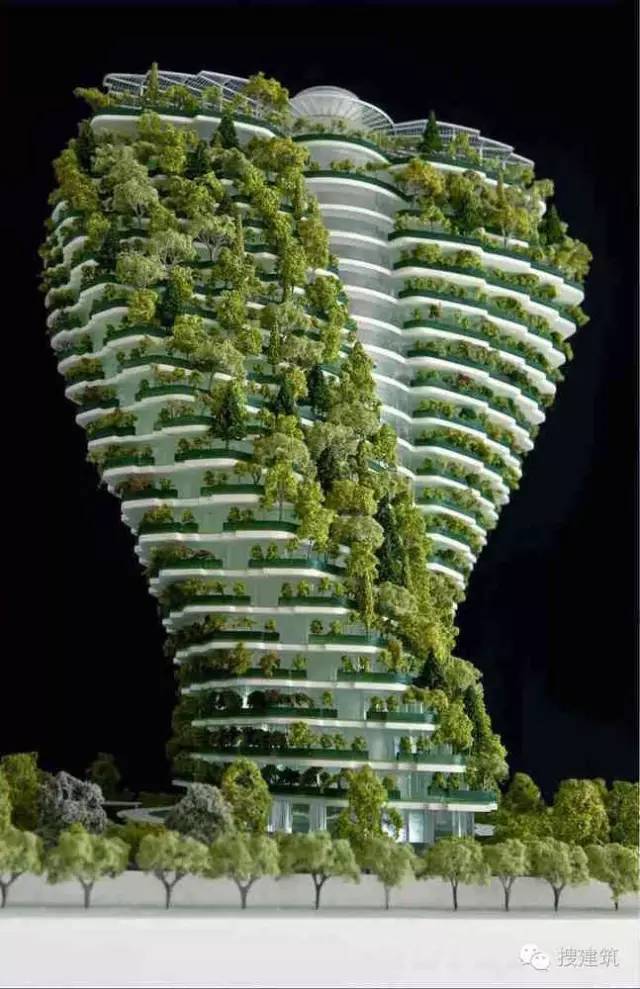
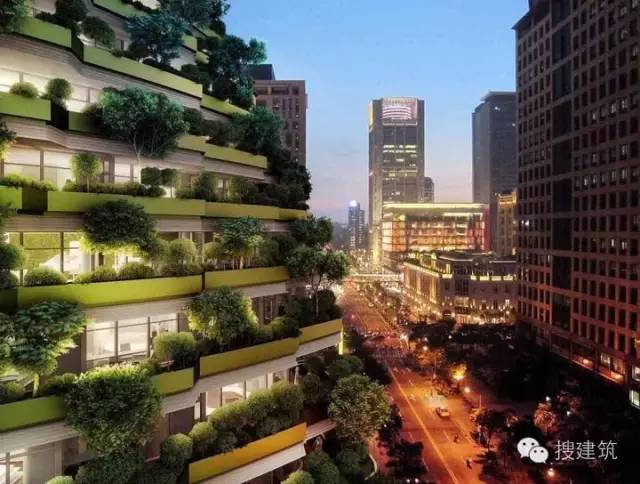
建筑的中央核心区采用双层幕墙系统,能够为垂直循环和内部空间提供被动气候控制。其它环境功能包括雨水回收系统,电子玻璃,屋顶上的光伏太阳能阵列,节能电梯和适应气候条件的自动节能监视器。
The central core of the building features a double skin curtain wall system, that enables passive climate control for the vertical circulation and inner spaces. Other environmental features include a rainwater recycling system, low e-glass, a photovoltaic solar array on the roof and canopies, energy-saving lifts and automated energy saving monitors that adapt to climatic conditions.
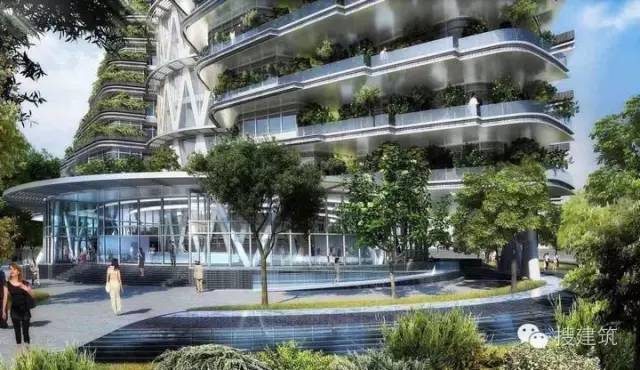
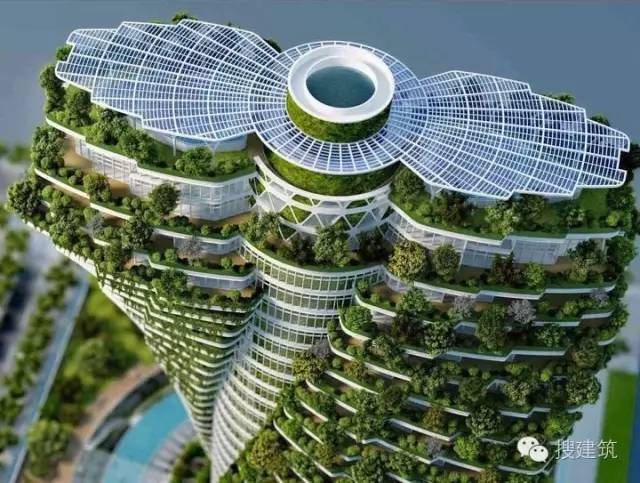
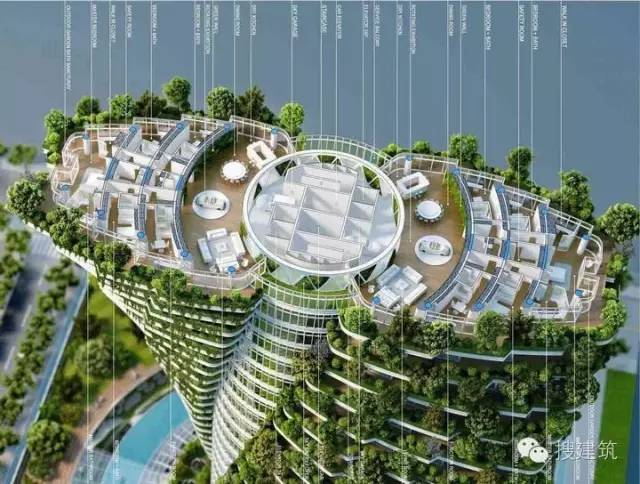
单元的平面图在交替地板上遵循两个典型布局,以便最好地适合于Virendeel梁结构。 每个单元包含550平方米的无柱地面空间,允许内部布局的最大灵活性。
Floorplans of the units follow two typical layouts on alternating floors, so to best fit into the virendeel beam structure. Each unit contains 550 square meters of column free floorspace, allowing for maximum flexibility of the interior layouts.
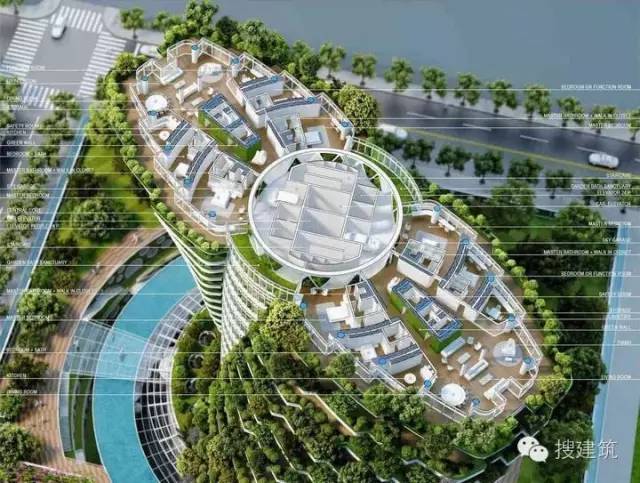
附加设施包括一个游泳池和健身中心,以及几个层次的综合性停车。
Additional amenities will include a swimming pool and fitness center, and several levels of integrated parking.
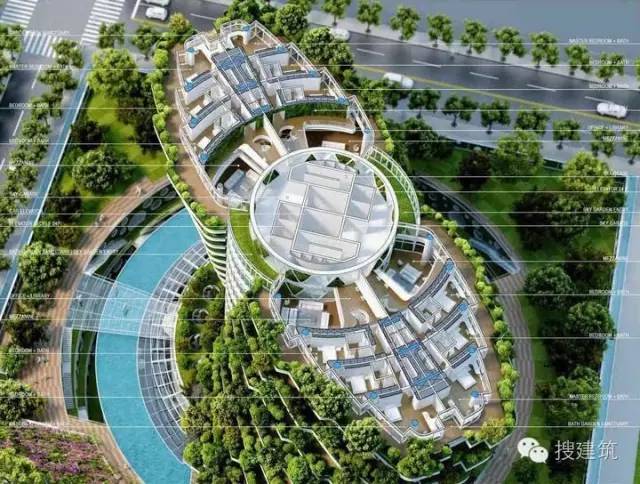
该项目预计将于2017年9月完成。
The Tao Zhu Yin Yuan is expected to be completed in September 2017.
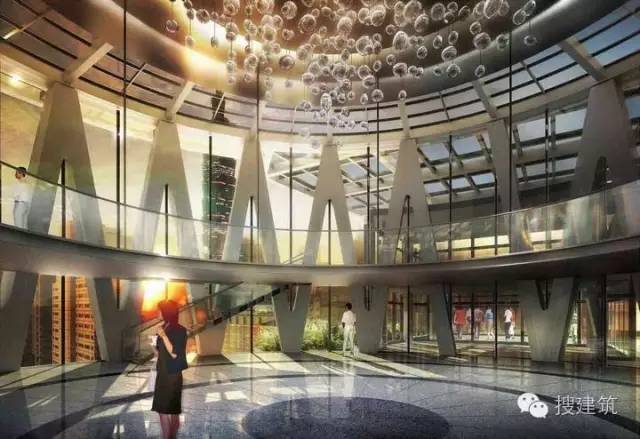

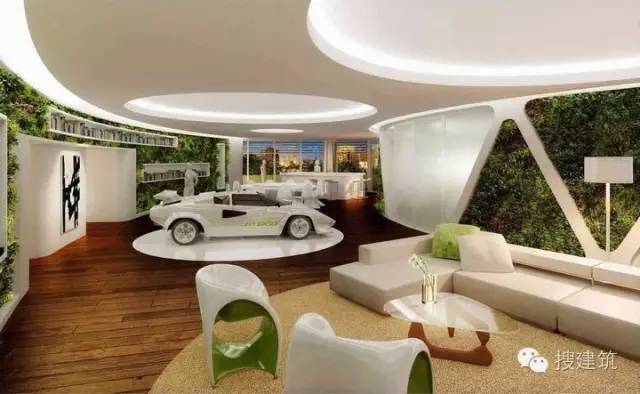
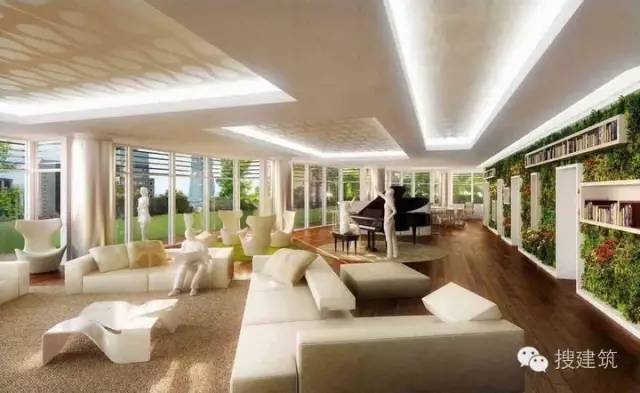
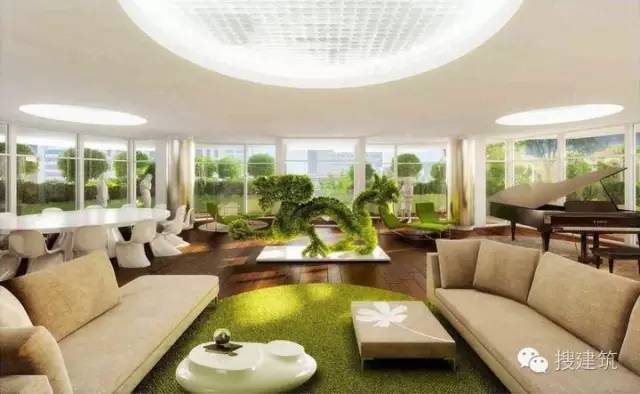
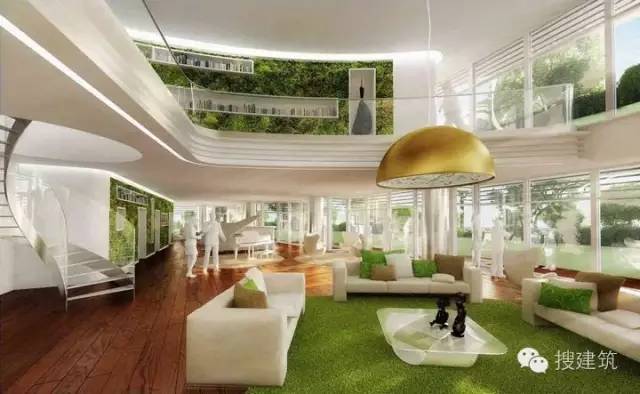
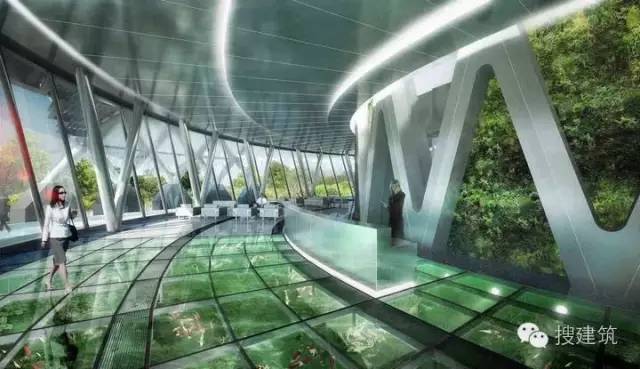
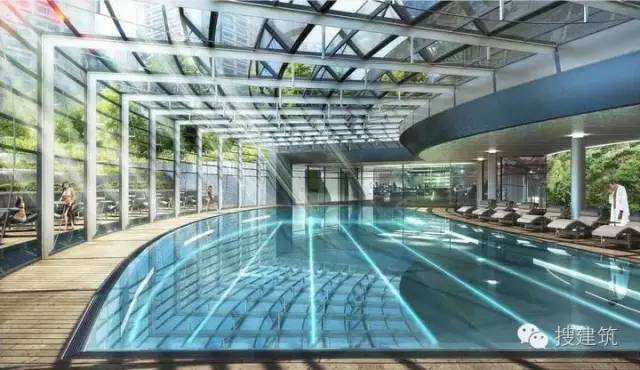
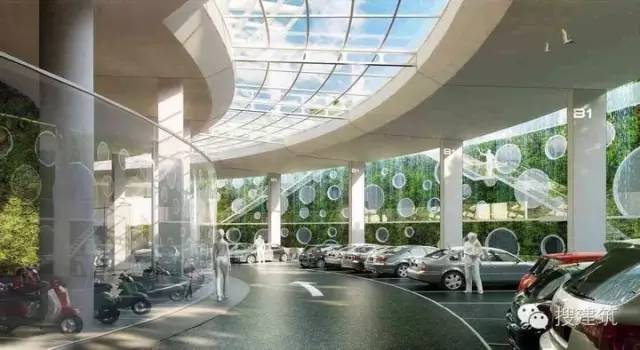
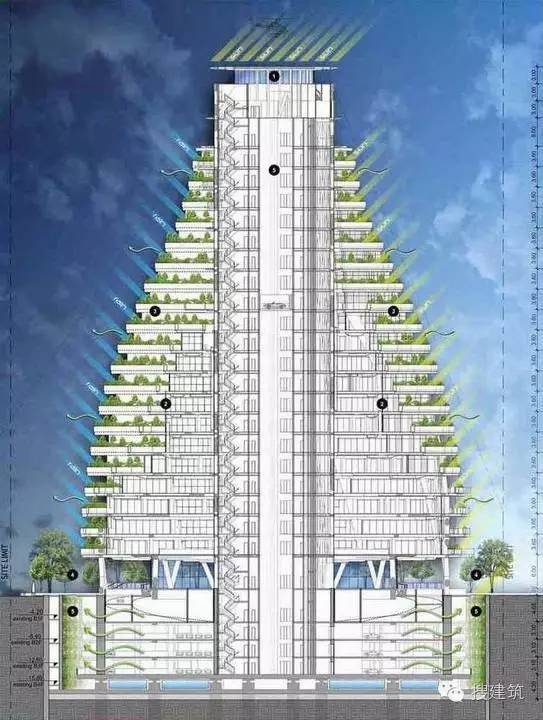
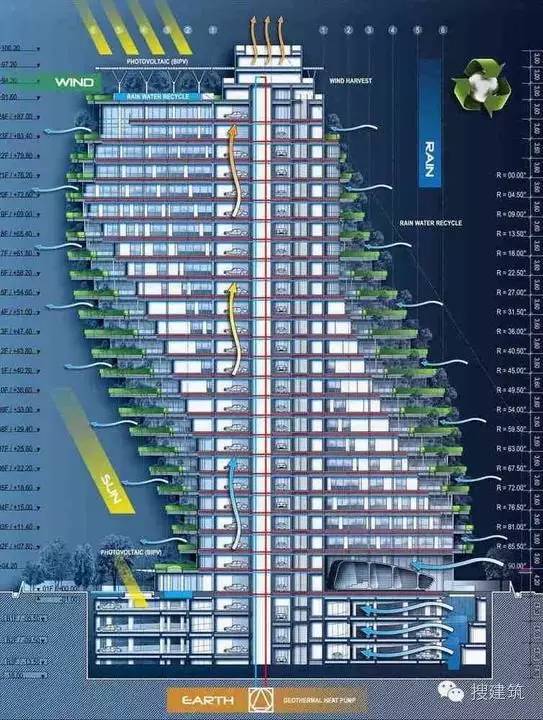
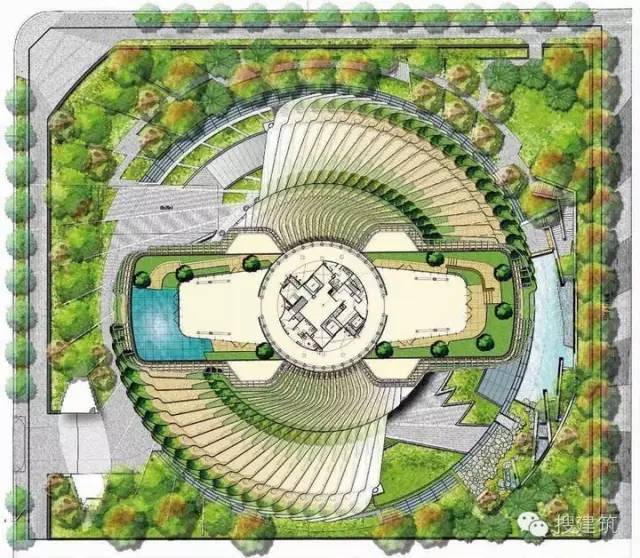
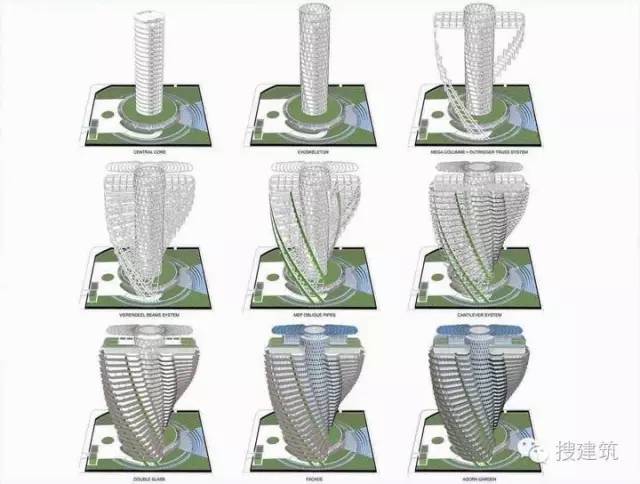
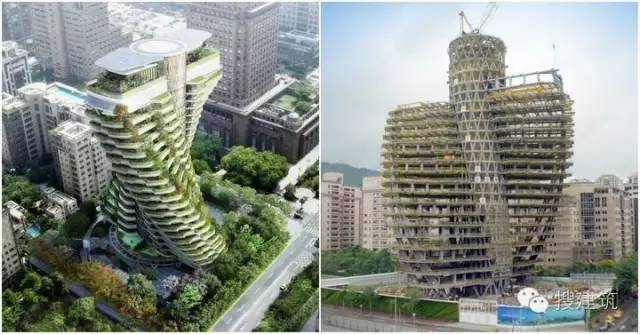
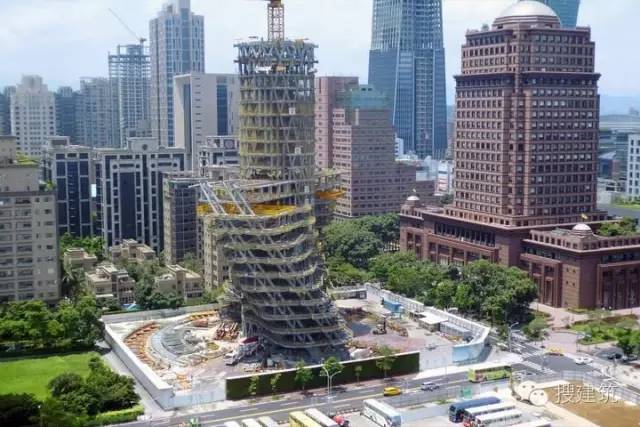
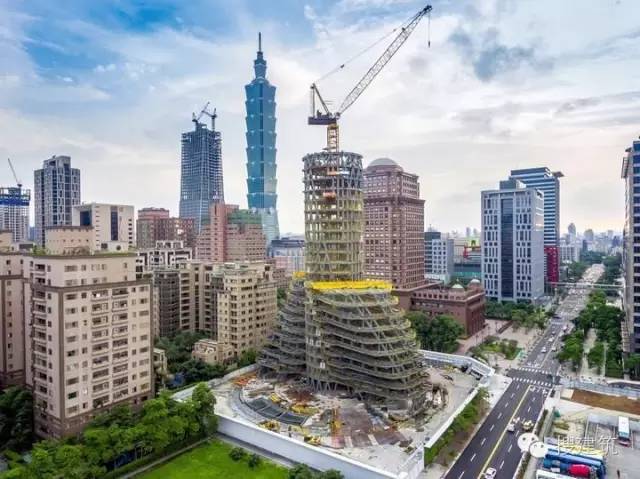
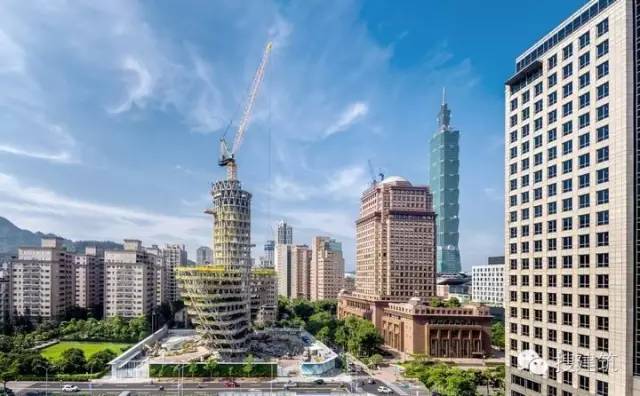
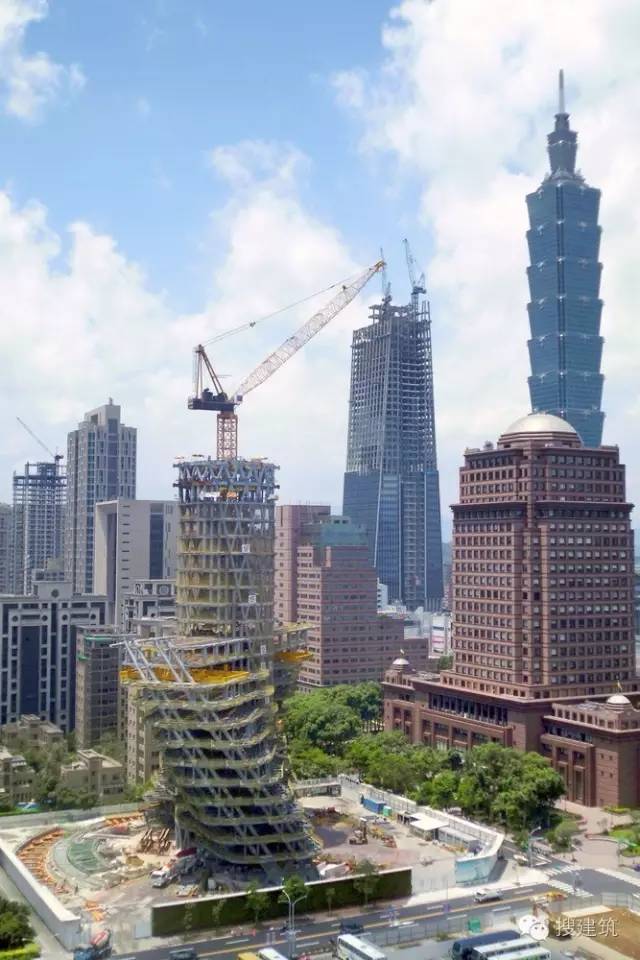
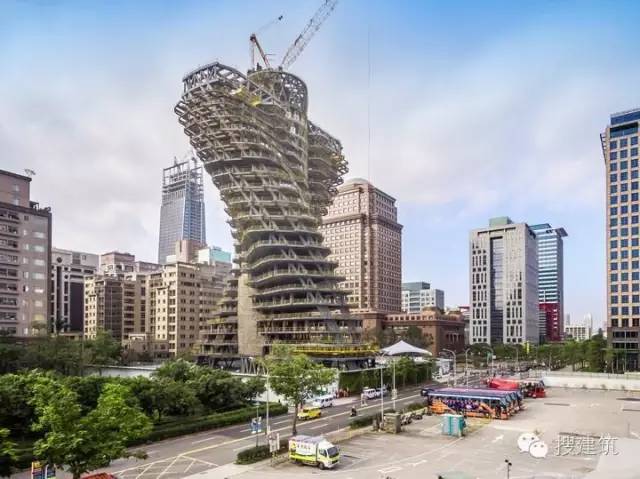
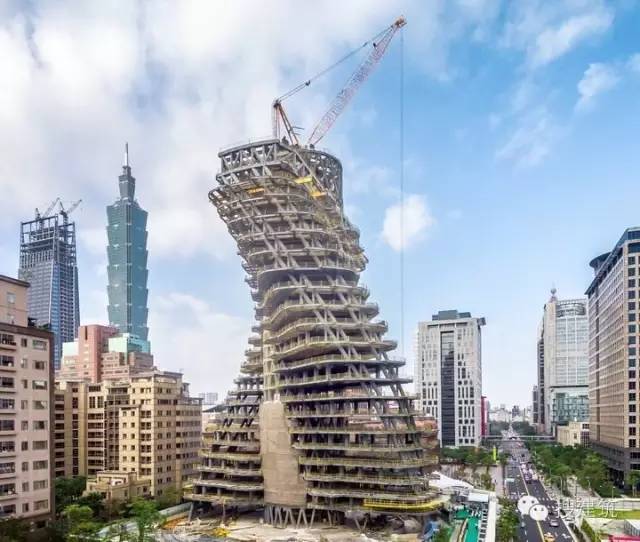
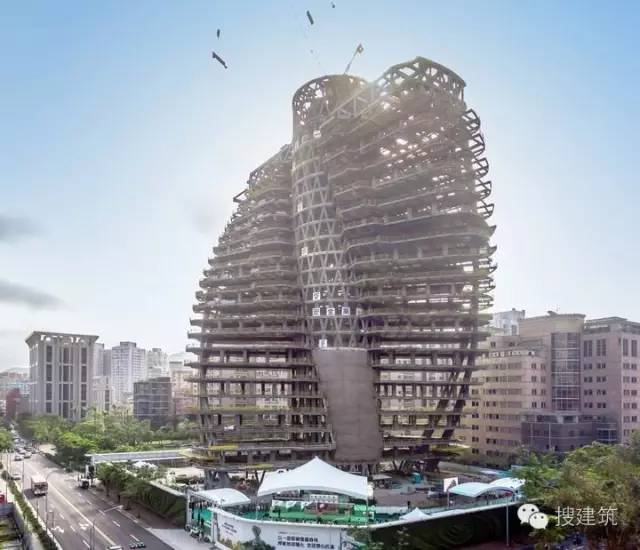
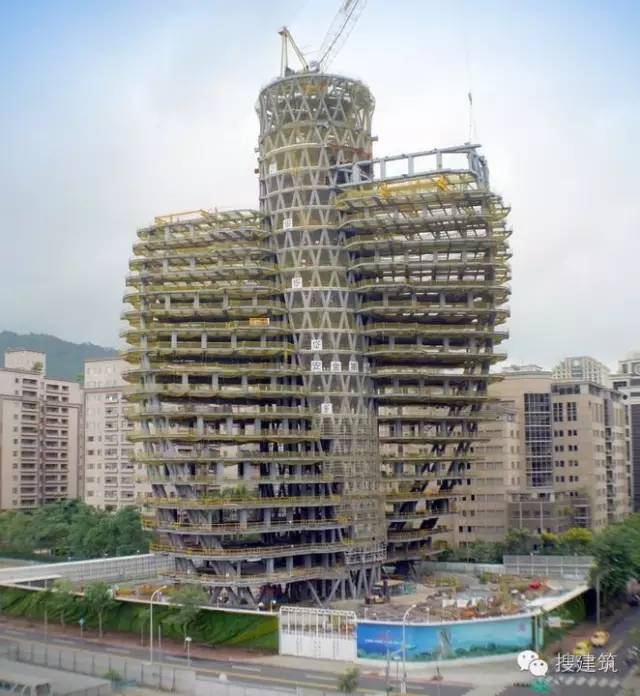
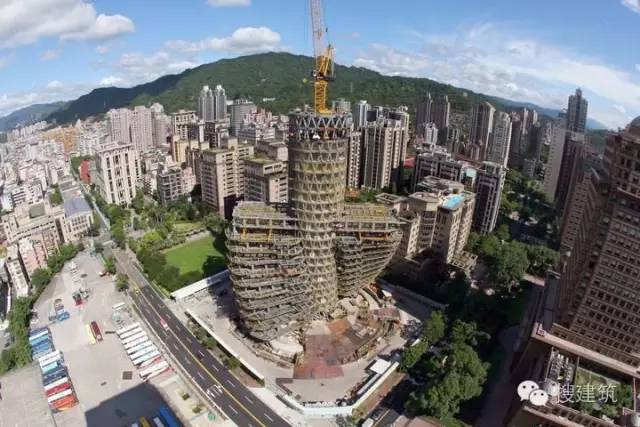
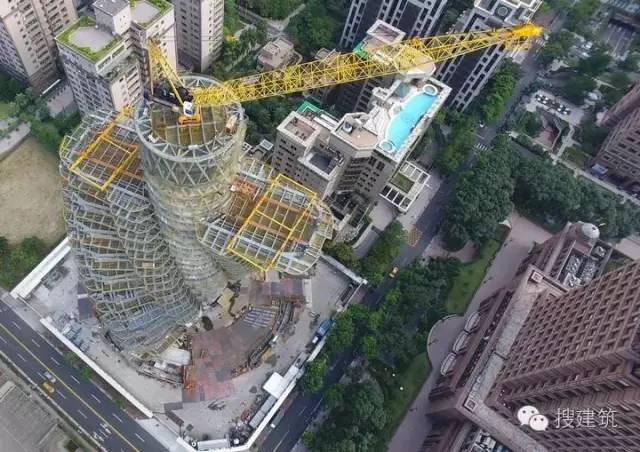
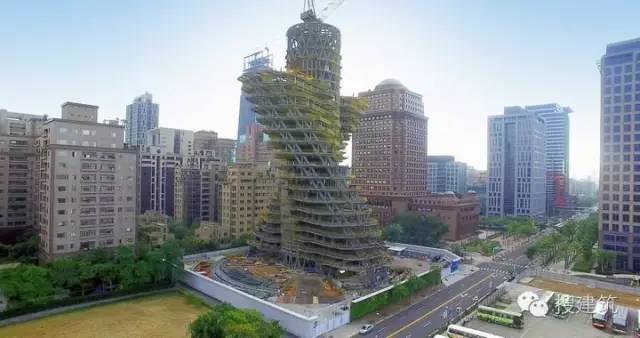
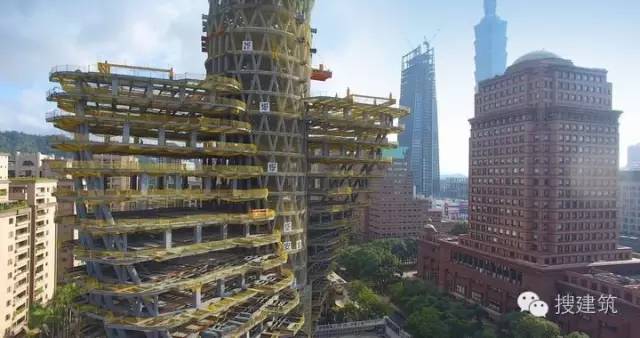
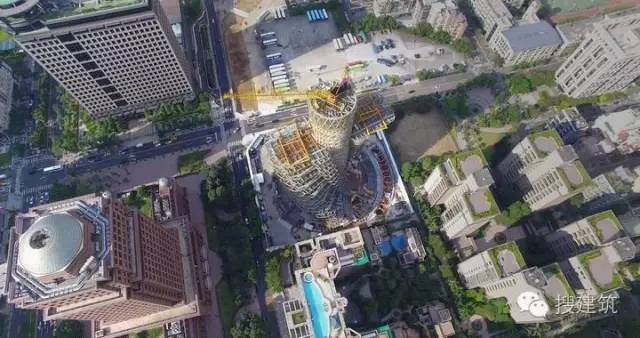
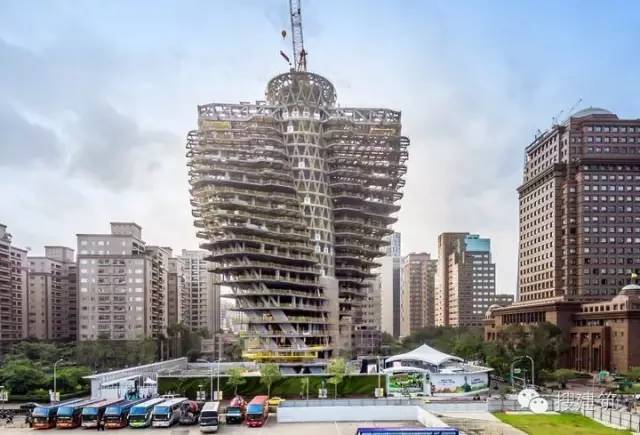
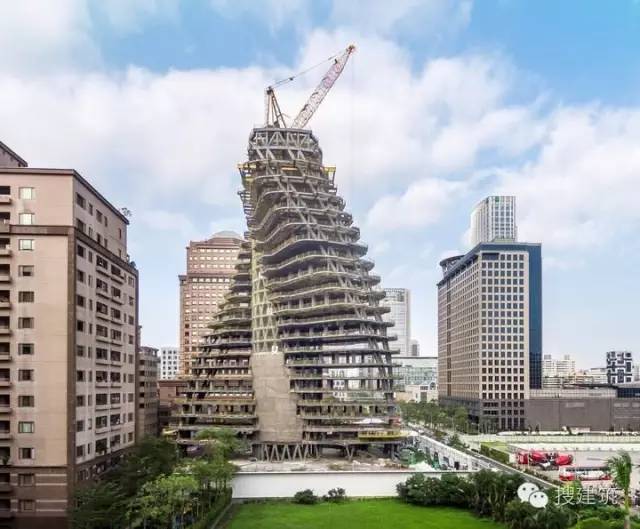
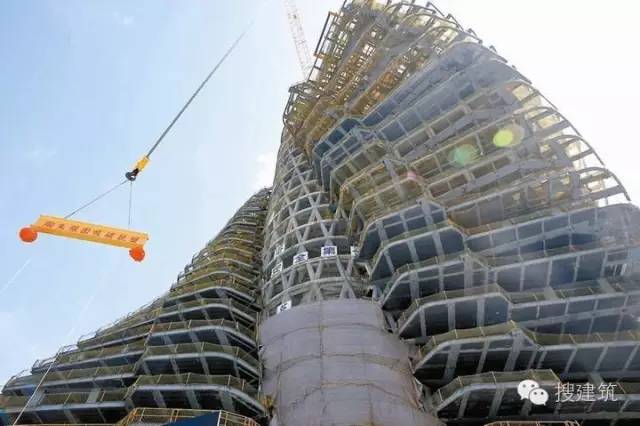
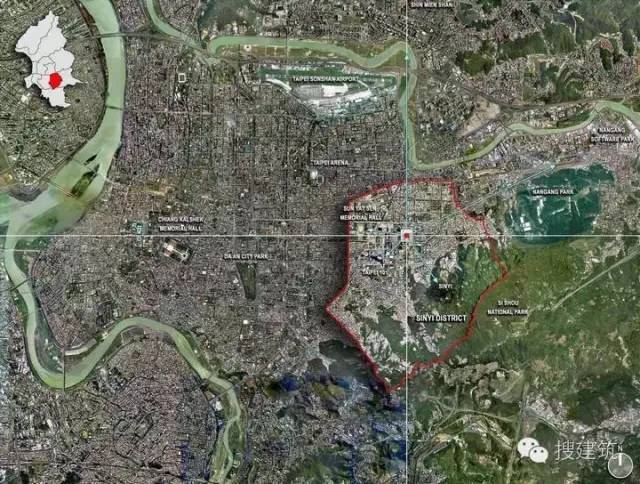
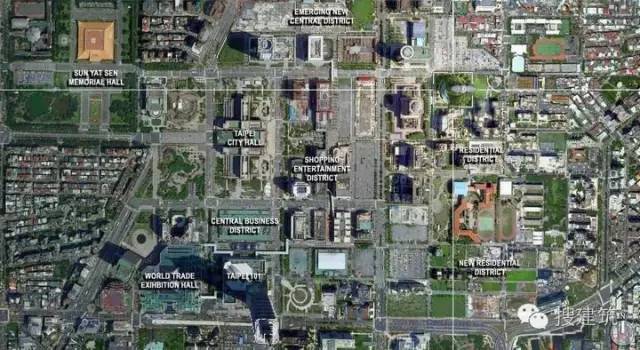
建筑师:Vincent Callebaut Architectures
地点:中国 台湾
面积:4233534平方米
【图片来源于网络,如有侵权,请联系删除】